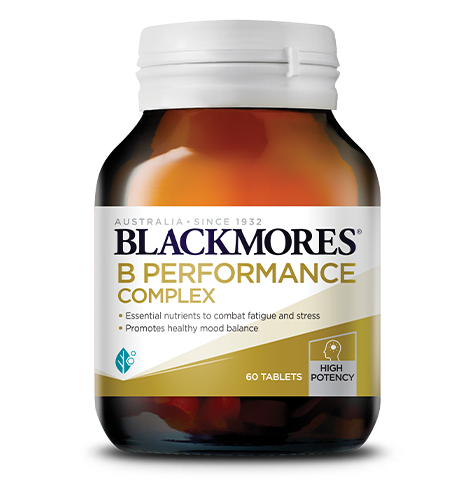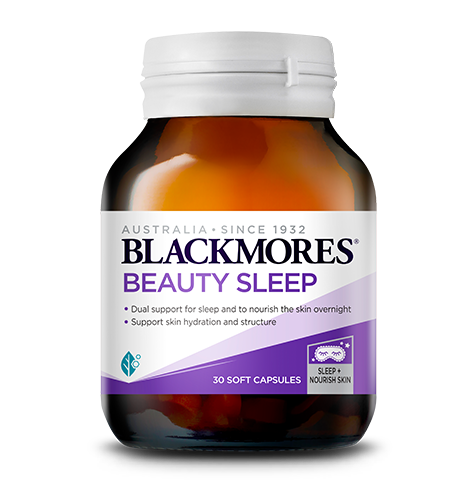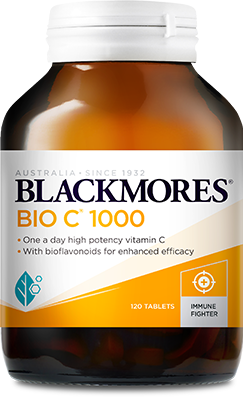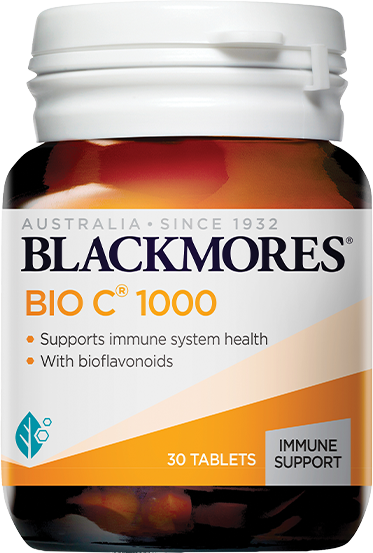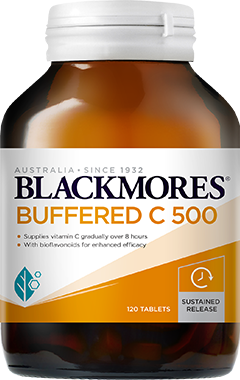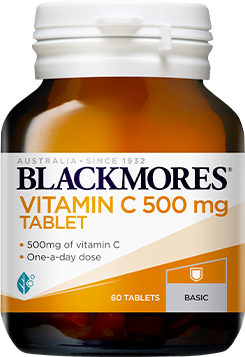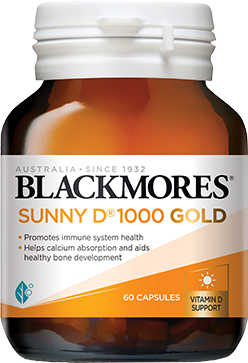What is your immune system?
Your immune system is your body’s first line of defence against foreign invaders and microbes, otherwise known as pathogens (germs, viruses and bacteria).It’s a complex system made up of a network of cells, tissues and organs that join forces to fight off all the microbes we come into contact with on a daily basis, through the skin and the mucous membranes.
The immune system is always hard at work, adapting to various would-be invaders, remembering old pathogens its already dealt with and neutralising and removing new ones virtually around the clock. But every now and then a germ sneaks in and, voila, you get sick. There are multiple reasons this can happen: a pathogen can be particularly aggressive, or you’ve come into contact with one you haven’t encountered before.
Also, we tend to be more susceptible in winter, for reasons ranging from the fact that cold viruses may survive longer and spread faster in lower temperatures to a seasonal reduction in vitamin D levels, which play a vital role in immune health.
How you can support a healthy immune system
Developing healthy lifestyle habits is the best strategy for strengthening your immune system. Top tips include:- Exercise regularly
- Maintain a healthy weight
- Limit alcohol intake
- Get 7–9 hours’ sleep a night
- Wash your hands frequently
- Try to minimise stress
- Eat a diet high in fruit and vegetables
How diet affects your immune system
Diet is one of the most important ways to maintain a healthy immune system and natural foods deliver the enhancing, protective properties you need.When you’re trying to stay healthy, it’s ideal to cut back on foods that can lead to inflammation, such as processed meats, trans and saturated fats, refined carbohydrates (such as white bread, pasta, flour and rice), processed meats and snacks, and sugary foods and drinks.
Instead, you want to feed your body with foods full of nutrients, antioxidants and vitamins.
Immune-boosting foods
To get the biggest immunity bang for your buck, choose fresh fruits and vegetables that are in season.Seasonally grown broccoli, for instance – an autumn/winter food – contains almost twice the vitamin C values as off-season varieties. Here are some other seasonal foods known for their immune-boosting properties.
Mushrooms
Varieties such as shiitake, maitake (‘hen of the woods’) and reishi are packed with antioxidants, minerals, vitamins B, C & D and bioactive compounds called beta-glucans, known to support immune defence.Garlic
Garlic contains a high concentration of allicin, a natural chemical celebrated for its antimicrobial and antibacterial effects.Spinach, kale and silverbeet
These leafy greens boast high levels of vitamin C and folate, a naturally occurring B vitamin crucial for healthy cell function .Cruciferous vegetables
Think broccoli, Brussels sprouts and cauliflower; cruciferous vegetables are rich in vitamin C, antioxidants and choline, an essential nutrient known to keep inflammation in check.Citrus fruits
Winter-ready oranges, mandarins and lemons are high in vitamin C and bioflavonoids, phytonutrients that have been found to play a key role in protecting the respiratory tract.

